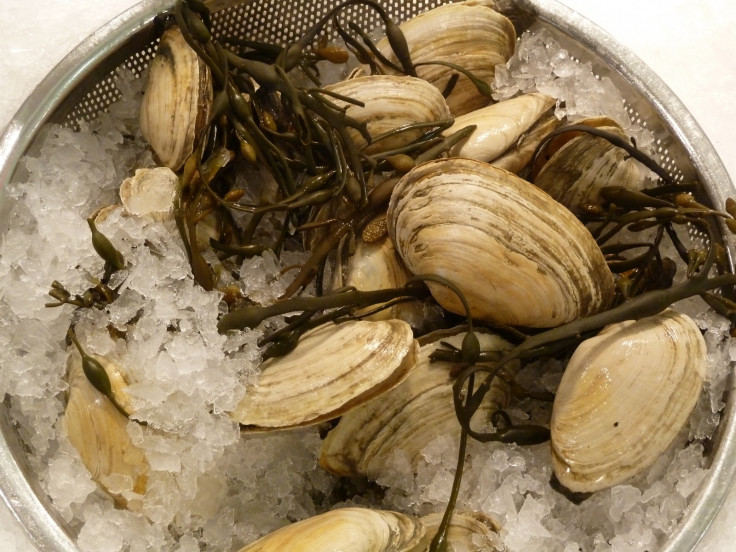Contagious cancer in clams suggests transmission more common than thought

Contagious cancer could be more common than previously thought, researchers have said after discovering a transmissible form of leukaemia in clams.
Cancer than can be transmitted is believed to be very rare, with only two cases previously recognised. Canine transmissible venereal tumour can be passed on through sexual contact, while facial tumour disease moves between Tasmanian devils through biting.
However, researchers have now found a third case in soft-shell clams along the east coast of North America.
For decades clam populations have been devastated by outbreaks of leukaemia, but how and why it spread remained a mystery.
Publishing their findings in the journal Cell, study authors said the disease was transmitted from clam to clam through the seawater – a find they dubbed "beyond surprising".
The researchers believe the cancer originated on one clam and has been passed around ever since, with the cancerous cells dividing, breaking free and making their way to other clams.
First author Michael Metzger analysed the genomes of cancer cells found in clams in New York, Maine and Prince Edward Island. Findings showed the cancerous cells from all locations were almost identical genetically – or clones.
"We were astonished to realise that the tumours did not arise from the cells of their diseased host animals, but rather from a rogue clonal cell line spreading over huge geographical distances," researcher Stephen Goff said.
The team believes the cancer calls survive in seawater long enough to reach a new host.
"The evidence indicates that the tumour cells themselves are contagious – that the cells can spread from one animal to another in the ocean," Goff said. "We know this must be true because the genotypes of the tumour cells do not match those of the host animals that acquire the disease, but instead all derive from a single lineage of tumour cells."
The team does not know if the cancer can spread to other molluscs or how these sorts of disease arise in these creatures. However, they do think contagious cancer is more common than we previously thought.
"Natural horizontal transmission of cancer between individuals has been considered a rare phenomenon, restricted to two exceptional cases in mammals," they wrote.
"These results indicate that the cancer is spreading between animals in the marine environment as a clonal transmissible cell derived from a single original clam. Our findings suggest that horizontal transmission of cancer cells is more widespread in nature than previously supposed."
© Copyright IBTimes 2025. All rights reserved.




















